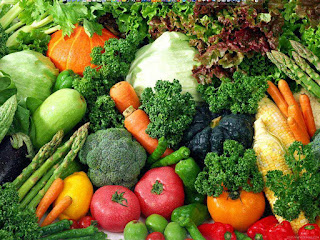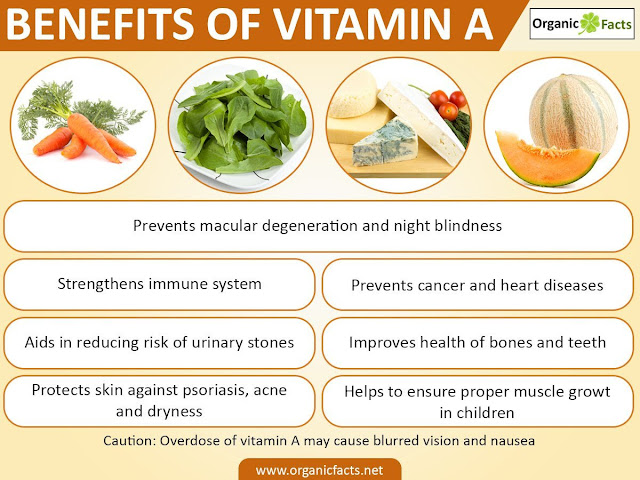Banana health benefits

Banana benefits Health benefits Heart health Bananas are good for your heart. They are packed with potassium, a mineral electrolyte that keeps electricity flowing throughout your body, which is required to keep your heart beating. Bananas' high potassium and low sodium content may also help protect your cardiovascular system against high blood pressure , according to the FDA Depression and mood Bananas can be helpful in overcoming depression "due to high levels of tryptophan, which the body converts to serotonin, the mood-elevating brain neurotransmitter," Flores said. Plus, vitamin B6 can help you sleep well, and magnesium helps to relax muscles. Bones Bananas may not be overflowing with calcium, but they are still helpful in keeping bones strong. According to a 2009 article in the Journal of Physiology and Biochemistry , bananas contain an abundance of fructooligosaccharides. These are nondigestive carbohydrates that encourage digestive-fri...







